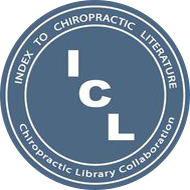| OBJECTIVE: Every promotion committee is challenged by the need to make value judgments on the quantity and quality of peer work. Decisions based upon subjective assessments may not do justice to the applicant's or the institution's needs. The purpose of this article is to (1) describe the process a college promotion committee used to increase the objectivity brought to this activity, (2) present the tools developed that facilitated the collection and evaluation of faculty work, and (3) describe their usage in a promotion cycle. METHODS: The Professor Promotion Committee met weekly for 6 months engaging in lengthy and comprehensive discourse to capture the breadth of scholastic and service activities normally engaged in by faculty. RESULTS: The committee's work culminated in the development of 4 electronic applications soliciting specific evidence aligned with faculty work and 1 scoring rubric tied directly to the e-applications. More than 55 activities were identified, divided into 4 levels of accomplishment using quantitative and qualitative criteria and weighted according to their centrality to faculty work and relative importance to the institution. Each activity was assigned to one of the following categories: teaching/academic support, scholarship/research, service, and professional development. A consensus score based upon the evidence was used to generate promotion discussions. CONCLUSIONS: The committee believes the online application aids applicants in recognizing the breadth and depth of promotable work. It provides them the opportunity to structure their work in ways that enhance their chances for promotion. The evidence-based rubric helps to reduce subjectivity in the evaluation process. Click on the above link for the PubMed record for this article; full text by subscription. This abstract is reproduced with the permission of the publisher. |
